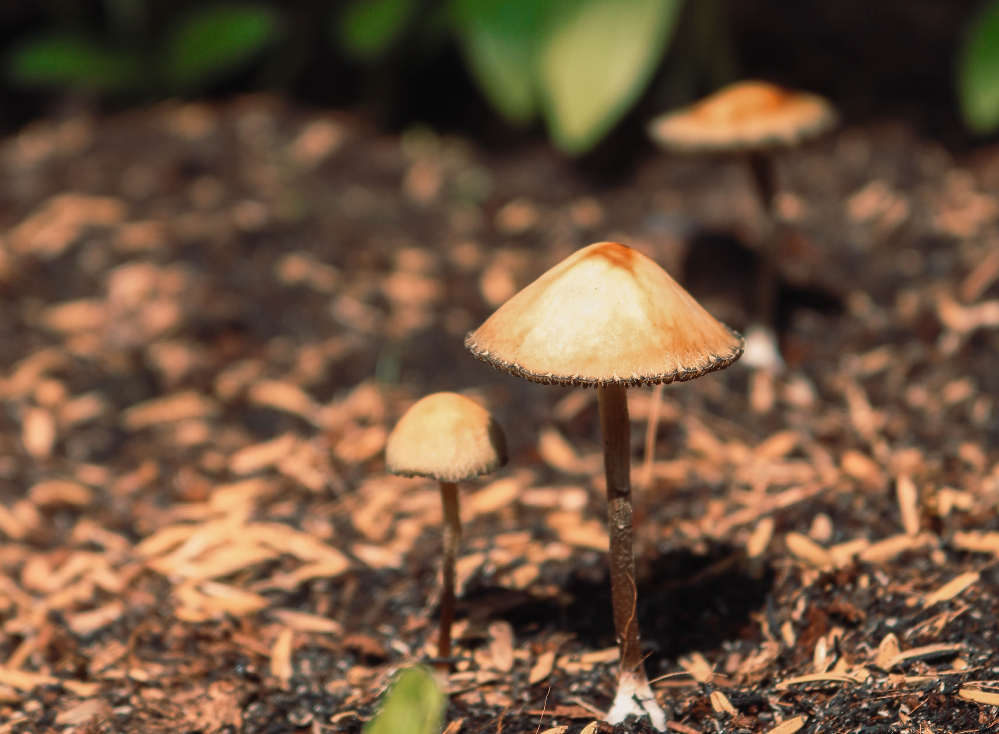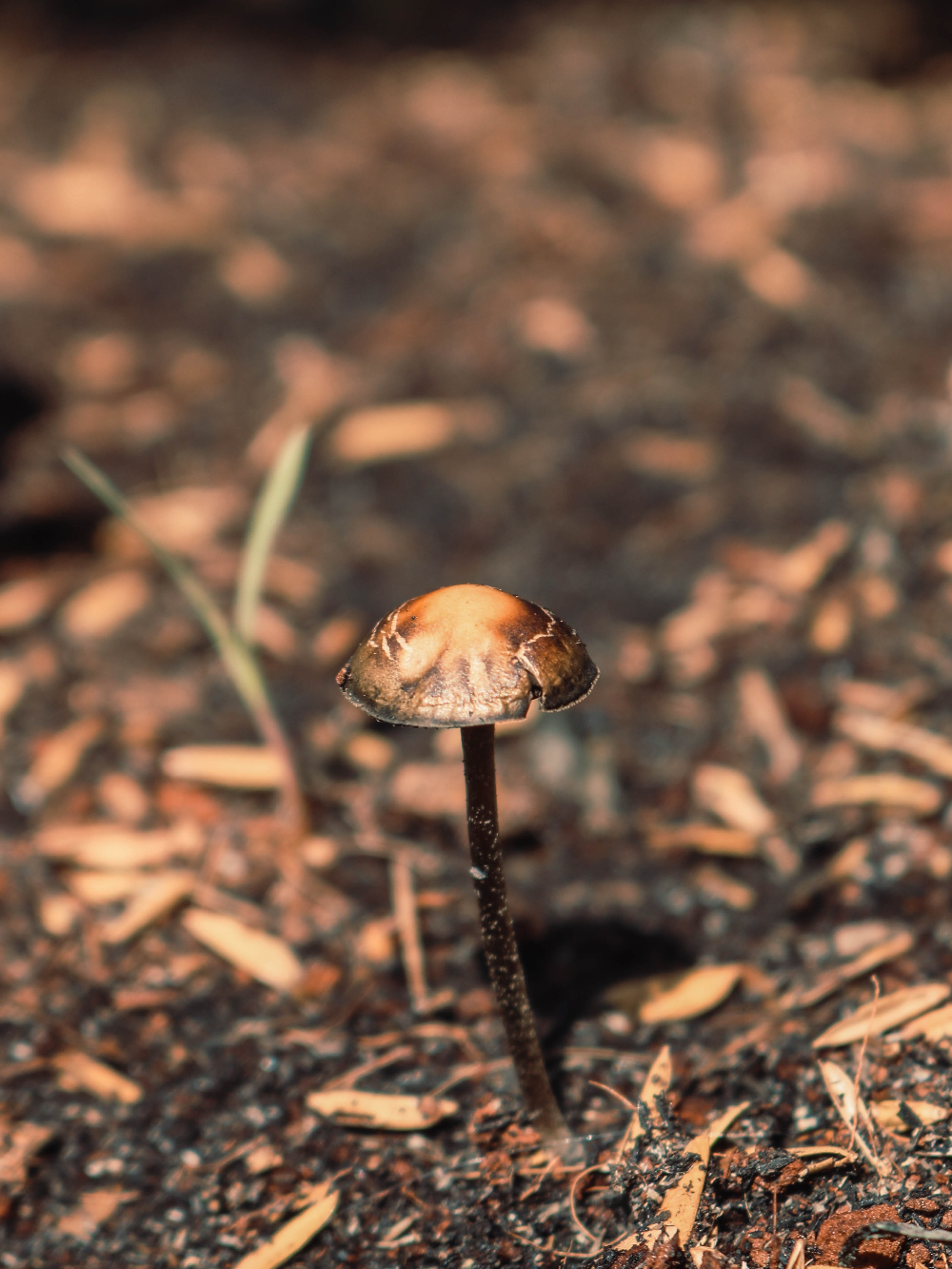Psychedelics may be the answer for treatment resistant mental health conditions.
Treating depression is notoriously difficult. As it can manifest so differently in each individual, healthcare providers often struggle to zero in on treatments that work. One potential solution to the issue of treatment-resistant depression is to turn to the use of psilocybin as an effective to way make changes to some of the processes that are linked to symptoms of the disorder.
It’s always interesting to see science develop in front of our eyes. We tend to think of scientific discovery as something that has happened in the past, but it is always changing and evolving – and sometimes the breakthroughs can mean great things for people who are struggling. That’s true with cures and treatments for physical ailments, and the story is the same for things like depression and anxiety.
Research is starting to show that the use of a serotonergic agent like psilocybin has the ability to alter sensory perception in a way that can help depression symptoms. Specifically, it is being tested in patients who have been diagnosed with treatment-resistant depression, or TRD. Through the use of this type of therapy, the mind can function more clearly, allowing brain regions to connect that may have previously struggled to work together properly.

The various parts of the brain need to be effectively connected, and it may be that TRD sufferers don’t have those connections working correctly. If psilocybin therapy can cause that problem to be eliminated or at least improved, such an approach needs to be explored more thoroughly.
Most people would agree that the objective of mental health care should be pretty straightforward – to help affected individuals live the best possible life with reduced or eliminated mental health symptoms. Unfortunately, serious mental health issues like TRD are often debilitating. Many individuals with TRD are unable to maintain ongoing employment due to their condition, putting them at risk for homelessness and other similar outcomes.
Using psilocybin to treat TRD may hold the potential to unlock these individuals from their current state and free them to live lives that are more comfortable, productive, and satisfying. Where standard treatments for depression do deliver positive outcomes for some patients, that is not true across the board, and those who are left behind wind up suffering the most.
A point of hope on this topic is that many different companies are currently working through trials with various psilocybin therapy products that could one day reach the market and make a real difference in the lives of patients who need more comprehensive help. Of course, most drugs that enter the trial stage, unfortunately, don’t make it to the other side and wind up with FDA approval, but only one or two need to achieve such success to cause a big change in how depression is addressed in the United States. It will be interesting to watch the progression of these therapies over the coming years while hoping for good news for depressed individuals who could use a new treatment option.


Join the conversation!